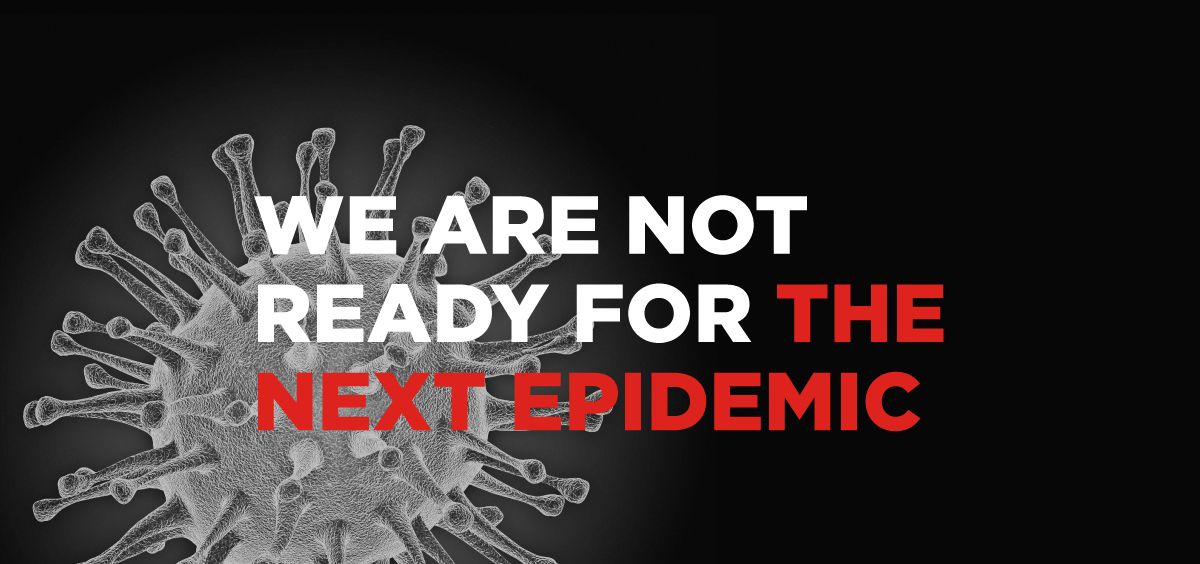I was on a small business webinar last week with Brian Moran of Small Business Edge and he was talking about the next pandemic. He wasn’t discussing the next wave of COVID-19. Brian was telling us that the next pandemic coming was an employee mental health crisis.
This hit me hard given everything that employees working from home (and taking care of their kids and other family members) were struggling with this last year. Let’s face it; our team members are burned out from staying inside. Sure working from home is convenient but it has its drawbacks like working longer hours and always being on. This is the perfect setting for an employee mental health crisis.
Studies prove this to all be true. I interviewed Jessica Moser about how MetLife’s 19th Annual Employee Benefit Trends Study (EBTS) found that after a year of managing the sustained pressures and tremendous impacts caused by the pandemic, employees are feeling more anxious, depressed, and burned out at work than they did around this time last year (after the first few months of the pandemic). The study also showed that as workplace struggles continue to mount, employee loyalty has been on the decline.
Jessica adds that “this was particularly true for small business employees, who were the least likely cohort to say they would like to be in their current role a year from now.”
This is in addition to the challenges that small businesses have in finding employees to fill many existing positions.
Motivating employees before the pandemic was hard. Motivating them in a pandemic is even harder. In it Together Founder and CEO and Author Ruth Pearce says that according to Mental Health America’s 2020 Work Health Survey, the pandemic has amplified this burnout, the lack of supervisor support, and workplace stress in employees. A different survey from the Pew Research Center showed that 42% of US adults under the age of 50 reported difficulties in finding the motivation to work since the beginning of the pandemic. This was higher (53%) among millennials.
In this country, our health system is certainly not for any kind of employee mental health crisis. Most insurance plans do not cover mental health issues as much as physical ones. So what is a small business owner to do for this next pandemic?
Realize that while you may be stressed, your employees are just as or more burned out than you are. Ask them how they are doing every week. But that only works if you really care. Be flexible to what they need as long as they can still excel at their job. Benefits like “work from home” will no longer be a privilege but expected by your employees. According to Jessica, employees will be looking for financial wellness offerings like disability, pet insurance, robust mental health resources and increased paid/unpaid leave options. While this may seem expensive, having to replace that team member will cost you alot more.
Finally, reinvest in a culture that communicates why your company exists and who it serves. Team members invested in a cause will find ways to re-energize themselves every day.

